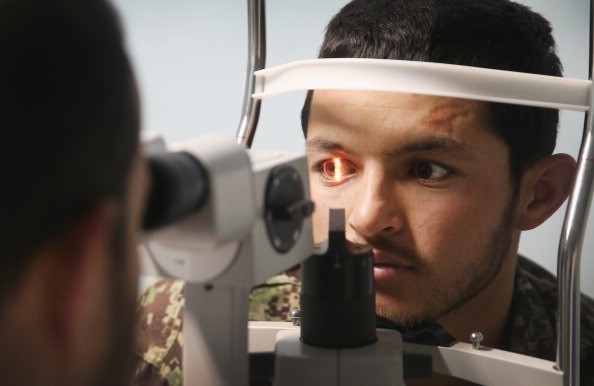
Researchers from the University of Alabama at Birmingham (UAB) have found out that a new immune protein can influence autoimmune diseases such as lupus and multiple sclerosis. This breakthrough in medicine and science can give new hope in the future screening and treatment of lupus and other autoimmune diseases.
In this type of disease, the body's immune system attacks the healthy tissues in the body instead of killing microorganism that cause diseases. Specifically, Lupus can affect many areas in the body like joints, kidneys, lungs, heart and the brain.These are all vital organs that is why this disease is deemed fatal and dangerous.
The scientists claim that new mutation of the immune protein they call an "Fc receptor" may help them develop personalized autoimmune disease treatments and screening would be easier for them. The Fc receptor regulates and maintains the production of antibodies that usually attack the germs in the body.
In the past, scientists used to think that these receptors are only responsible in shutting down the production of antibodies but apparently, 15% of the world's population have a new kind of the receptor that can activate production of antibodies. In people suffering from lupus, this means overproduction of too many antibodies that can abruptly kill healthy cells too.
Due to this discovery, they can now design more advanced and proper screening and treatment options that can distinguish the disease early on. Dr. Robert Kimberly, director of the UAB Center for Clinical and Translational Science who was one of the authors of the study said, "This new finding could play a significant role in the way companies design treatments for autoimmune diseases, in a more targeted approach. Now efforts can be made to target the individuals who will benefit from the treatments, based on the gene mutation."
"Our findings provide pharmaceutical companies with a new screening tool to identify not only those patients most likely to respond to these antibody-based therapies but, more importantly, individuals in which these therapies might actually be harmful," says co-author Jeffrey Edberg, PhD.
"Such an approach may save not only time but also costs associated with clinical trials by identifying patients with this mutation," he added.

